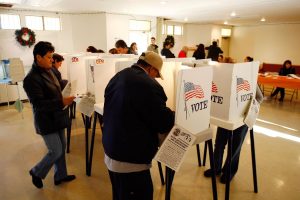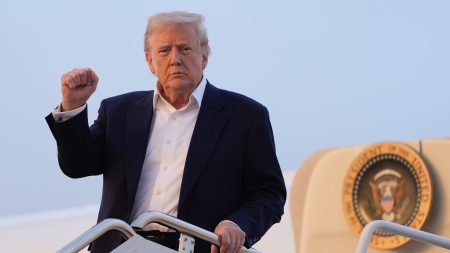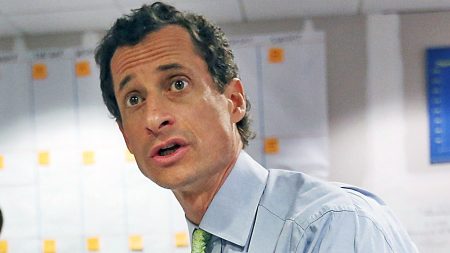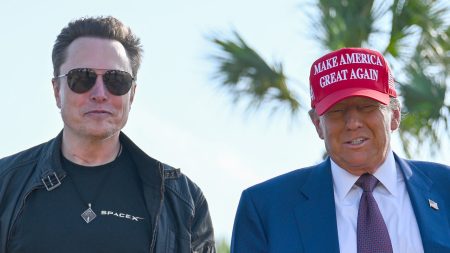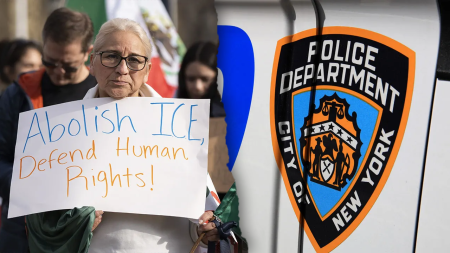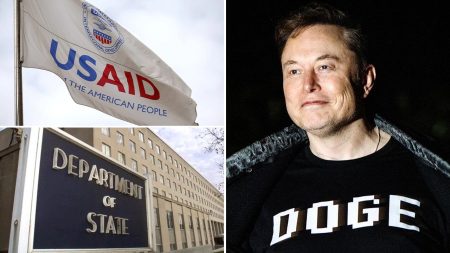Paragraph 1: The Push for KOSA and its Senate Success
In the waning days of the current congressional term, allies of President-elect Trump are intensifying pressure on House leadership to pass the Kids Online Safety Act (KOSA). This bipartisan bill, aimed at overhauling how social media companies handle users under 18, sailed through the Senate earlier this year with a resounding 91-3 vote. However, its progress has stalled in the House, facing resistance from Speaker Mike Johnson and Majority Leader Steve Scalise, both Republicans from Louisiana.
Paragraph 2: House Reservations and Concerns about FTC Power
House leaders have voiced concerns about granting excessive power to the Federal Trade Commission (FTC) and the potential for censorship of certain viewpoints under KOSA. These reservations have contributed to the bill’s stagnation despite its broad Senate support. Initial versions of the bill raised concerns about the FTC’s ability to enforce the law and potentially overreach its authority, infringing on free speech principles.
Paragraph 3: Elon Musk and X’s Advocacy for KOSA
Elon Musk, a prominent figure in Trump’s circle, has actively championed KOSA, with his company X (formerly Twitter) engaging in discussions to refine the bill and address concerns about specific provisions. X’s CEO, Linda Yaccarino, publicly endorsed the legislation, emphasizing its importance in protecting children online while preserving free speech. She highlighted revisions made to the bill that addressed earlier concerns about potential censorship and reaffirmed X’s commitment to working with Congress on child safety.
Paragraph 4: Broad Support from Trump Allies and KOSA Sponsors
Musk’s advocacy for KOSA is echoed by other Trump allies, including Donald Trump Jr. and former White House Press Secretary Sarah Huckabee Sanders, who have both publicly urged House Republicans to pass the bill without delay. The bill’s sponsors, Senators Marsha Blackburn (R-TN) and Richard Blumenthal (D-CT), welcomed Musk and Yaccarino’s support, highlighting their revisions as eliminating concerns about censorship. They expressed confidence that the revised bill addresses free speech concerns and reiterated the broad bipartisan support for KOSA.
Paragraph 5: House Leadership’s Response and the Uncertain Future of KOSA
While Speaker Johnson expressed his commitment to children’s online safety and openness to working on a solution, he stressed the importance of protecting free speech. Majority Leader Scalise previously raised concerns about granting power to unelected bureaucrats, particularly those under investigation for abuse of power. Despite these assurances, a senior House GOP aide expressed pessimism about KOSA’s chances of receiving a House vote in the remaining two weeks of the congressional term.
Paragraph 6: KOSA’s Key Provisions and Significance
KOSA represents one of the most significant pieces of social media safety legislation to pass the Senate in recent years. It places responsibility on social media companies to prevent and mitigate potential harm to users under 17, including blocking addictive features for minors and simplifying the process for them to protect their personal information. The bill’s potential impact on the social media landscape and the online experience of young users makes its passage, or lack thereof, a critical issue in the final days of the legislative session.


